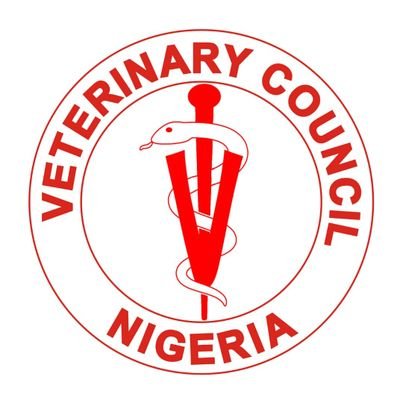Stakeholders seek growth of local pharmaceutical industry

Stakeholders in the pharmaceutical sector under the aegis of the Pharmaceutical Manufacturers Group of the Manufacturers Association of Nigeria (PMG-MAN) have decried the nation’s over- dependency on imported medicines despite local drug manufacturers having the capacity and facilities to meet the essential medicine needs of the people.
The stakeholders, who spoke at the just concluded fifth Nigeria Pharma Manufacturers Expo in Lagos, asked the federal government to prioritise the growth of local pharmaceutical industry by putting a deliberate radical policy in place to avoid Nigeria becoming a dumping ground for fake medicines.
Based on the recently signed African Free Continental Area Agreement (AfCTA) by African countries including Nigeria, the drug manufacturers proposed that the government should as a matter of urgency prioritise the local pharmaceutical industry from the perspective of medicine security and national sufficiency, stressing that it is the only guarantee to make the best out of the AfCTA protocols.
Chairman of PMG-MAN, Dr. Fidelis Ayebae, in his keynote address, said it is worrisome that as a country “we are overly dependent on imported and donor aid to satisfy the essential medicine needs of our rapidly growing population, while our facilities are abysmally underutilised.”
According to Dr. Ayebae, who is managing director, Fidson Healthcare Plc, it is most discouraging to see that those products which the industry has the capacity and competence to produce locally are being imported into the Nigerian market.
Represented at the occasion by the immediate past President of the group, Dr. Okey Akpa, the Fidson boss, said the ripple effects of the country’s continuous over-dependence on imported medicines cannot be over emphasised.
He listed poverty, brain drain and pressure on the country’s foreign reserve as some of the ripple effects of such over-dependence on imported medicines, adding that the act also gives room for falsified, substandard and counterfeit medicines to be imported into the country.
Recommending the way forward, Dr. Ayebae said: “If we are to attain self -sufficiency and ensure medicine security, deliberate radical policy must be put in place. An enabling business environment must be created by government to promote, protect and grow the local pharmaceutical industry.
“We want an industry which contributes to nation building to the excess of N300 billion; an industry that pays taxes and other tariffs; an industry that employs directly and indirectly over three million Nigerians and also attracts foreign direct investment and significantly, contributes to national development.”
He also appealed to the federal government to establish a local pharmaceutical manufacturers’ expansion and export intervention fund of N300 billion.
Speaking at the event, the High Commissioner of India to Nigeria, Shri Abhay Thakur, said the country should draw lessons from India, in which its key to success has been affordable solutions in machinery, health and agriculture among others, while the country is set to become the world’s fifth largest manufacturing economy by the end of 2020.
He noted that Nigeria has the wherewithal to become a net supplier of pharmaceutical products for the Central and West African markets, if
it supports domestic pharmaceutical production.








